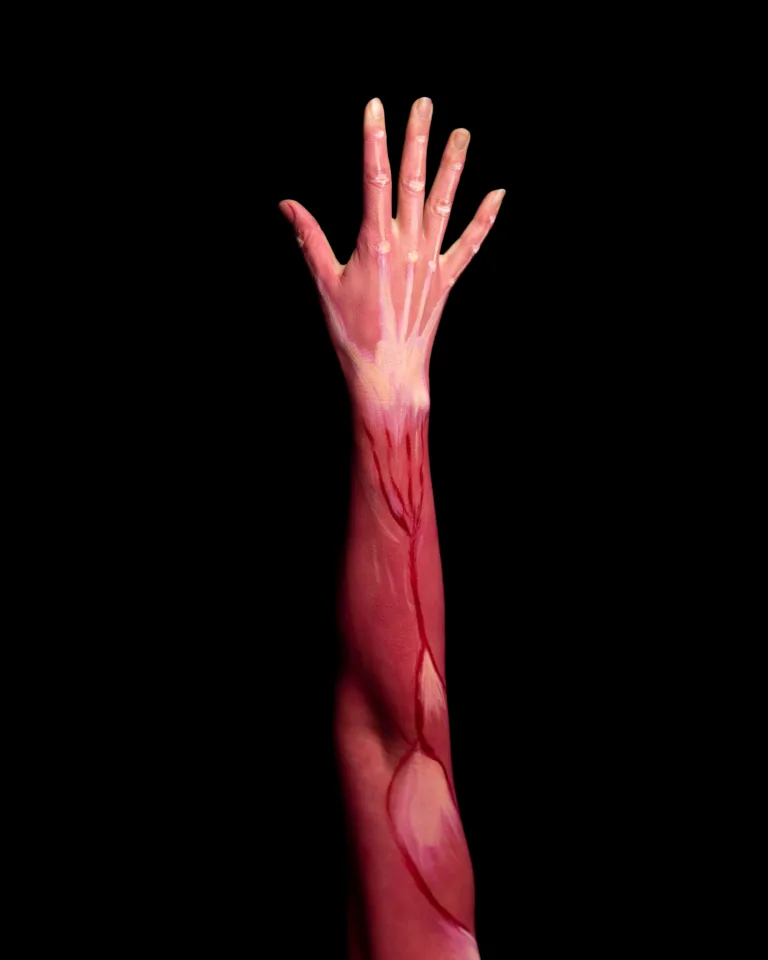what is it reason? some home remedies for this pain relief? What kind of exercise is suitable for this pain?
Understanding Muscle Weakness
Definition of Muscle Weakness
Muscle weakness, or myasthenia, refers to a lack of muscle strength. It’s different from feeling fatigued or tired; muscle weakness is a reduction in the power that can be exerted by one or more muscles. It can be generalized, affecting many muscles, or localized to a specific area.
Types of Muscle Weakness
True Muscle Weakness: This is a primary condition of the muscles and is characterized by a physical inability to exert force. It can be due to muscle injuries, systemic diseases, or neurological conditions.
Perceived Muscle Weakness: This involves a feeling of having to exert more effort to move muscles due to fatigue or other conditions but without a measurable decrease in muscle strength.

Common Causes of Muscle Weakness
Neurological Disorders: Conditions like stroke, multiple sclerosis, and peripheral neuropathy can lead to muscle weakness. These disorders affect the nerves that control muscles, leading to decreased strength.
Muscular Diseases: Diseases such as muscular dystrophy, myositis, and polymyositis directly affect the muscle fibers, leading to progressive weakness and degeneration.
Metabolic Imbalances: Electrolyte imbalances, such as low levels of potassium or sodium, can cause muscle weakness. Endocrine disorders like hyperthyroidism or hypothyroidism also play a role in muscle strength and function.
Lifestyle Factors: A sedentary lifestyle, poor diet, and inadequate sleep can contribute to decreased muscle strength. Overuse of muscles, poor posture, and lack of regular exercise can also lead to muscle weakness.
Medications and Toxins: Certain medications, including statins and corticosteroids, can lead to muscle weakness as a side effect. Exposure to toxins, such as heavy metals, can also weaken muscle strength.
Diagnosing Muscle Weakness
Identifying the underlying cause of muscle weakness often requires a comprehensive medical evaluation. This may include a physical examination, blood tests, imaging studies, and, in some cases, muscle biopsy or electromyography. Understanding the root cause is crucial for effective treatment and management.
Muscle weakness, a common symptom encountered in clinical practice, can arise from a variety of causes ranging from benign to life-threatening. A thorough medical evaluation is crucial for accurate diagnosis and effective treatment. Here’s a detailed explanation of the steps involved in the medical evaluation of muscle weakness:
Patient History
Onset and Duration: Understanding when the weakness began and how it has progressed over time.
Pattern of Weakness: Identifying if the weakness is localized to specific muscles or widespread.
Associated Symptoms: Checking for other symptoms like pain, fatigue, numbness, or cognitive changes.
Medical History: Reviewing past medical conditions, surgeries, and family history of neurological diseases.
Medication and Substance Use: Some drugs or substances can induce muscle weakness.
Physical Examination
Neurological Exam: Assessing muscle strength, tone, reflexes, and coordination.
Muscle Inspection: Looking for atrophy, fasciculations (muscle twitching), or deformities.
Sensory Exam: Checking for changes in sensation which can indicate nerve involvement.
Gait Analysis: Observing walking patterns can reveal weakness in specific muscle groups.
Laboratory Tests
Blood Tests: Checking for electrolyte imbalances, thyroid function, and markers of muscle damage like creatine kinase.
Urine Tests: Sometimes used to detect certain metabolic or kidney-related causes of weakness.
Imaging Studies
MRI or CT Scans: Can identify structural abnormalities in the brain, spinal cord, or muscles.
X-rays: Useful in detecting bone-related issues that might affect muscle function.
Electrophysiological Studies
Electromyography (EMG): Measures the electrical action of muscles. Nerve Conduction Studies: Assess the speed and strength of signals traveling in nerves.
Specialized Tests
Muscle Biopsy: In some cases, a small piece of muscle tissue is examined for abnormalities.
Genetic Testing: Useful if a hereditary condition is suspected.
Referral to Specialists
Depending on the findings, referrals to neurologists, rheumatologists, or endocrinologists may be necessary.
Monitoring and Follow-Up
Regular follow-up to monitor progression and response to treatment.
Treatment Plan
Based on the diagnosis, treatment may include medications, physical therapy, lifestyle changes, or surgery.
Conclusion
The evaluation of muscle weakness is a comprehensive process that requires careful consideration of a wide range of potential causes. Accurate diagnosis is key to effective treatment and management of the underlying condition causing the weakness.

Home Remedies for Muscle Weakness
Diet and Muscle Health
The foundation of muscle health begins with a well-balanced diet. Proteins are the building blocks of muscle and are essential for repair and growth. Including a variety of protein sources, such as lean meats, fish, eggs, dairy products, and plant-based options like beans and lentils, can significantly benefit muscle health.
Equally important are vitamins and minerals. For instance, Vitamin D is crucial for muscle function, and a deficiency can lead to muscle weakness. Foods rich in Vitamin D include fatty fish, cheese, egg yolks, and fortified foods. Magnesium, found in nuts, seeds, whole grains, and leafy green vegetables, plays a vital role in muscle contraction and relaxation.
Hydration and Muscle Function
Muscles are approximately 75% water, and even slight dehydration can affect muscle strength and endurance. Maintaining adequate hydration is essential for muscle health. The general recommendation is to drink at least eight 8-ounce glasses of water daily, but this can vary depending on individual needs, activity levels, and environmental factors.
Natural Supplements
Certain supplements can support muscle health. Creatine, a substance found naturally in muscle cells, can boost muscle mass and improve exercise performance. Omega-3 fatty acids, commonly found in fish oil, have anti-inflammatory properties that can help with muscle recovery and soreness.
Vitamin D supplements can be beneficial, especially for individuals with limited sun exposure. However, it’s important to consult with a healthcare provider before starting any supplement regimen, as they can provide personalized advice based on individual health needs.
Rest and Sleep for Muscle Recovery
Adequate rest is crucial for muscle recovery. Overworking muscles without allowing them time to recover can lead to increased weakness and a higher risk of injury. Sleep plays a critical role in muscle repair and growth. Adults should aim for 7-9 hours of quality sleep per night to ensure optimal muscle recovery.
During sleep, the body releases growth hormone, which helps in repairing and building muscle tissue. Establishing a regular sleep schedule, creating a restful sleeping environment, and avoiding stimulants like caffeine before bedtime can improve sleep quality.

